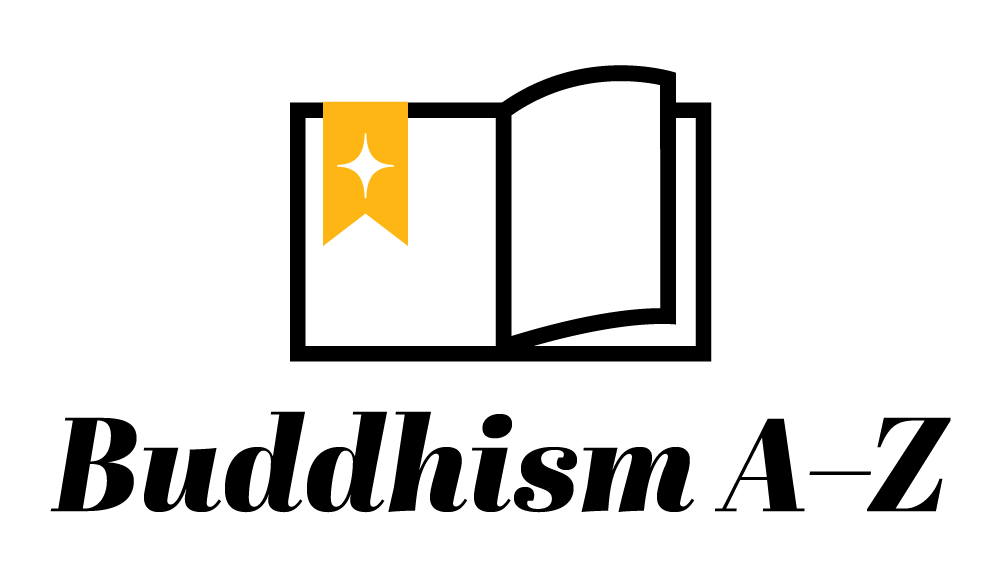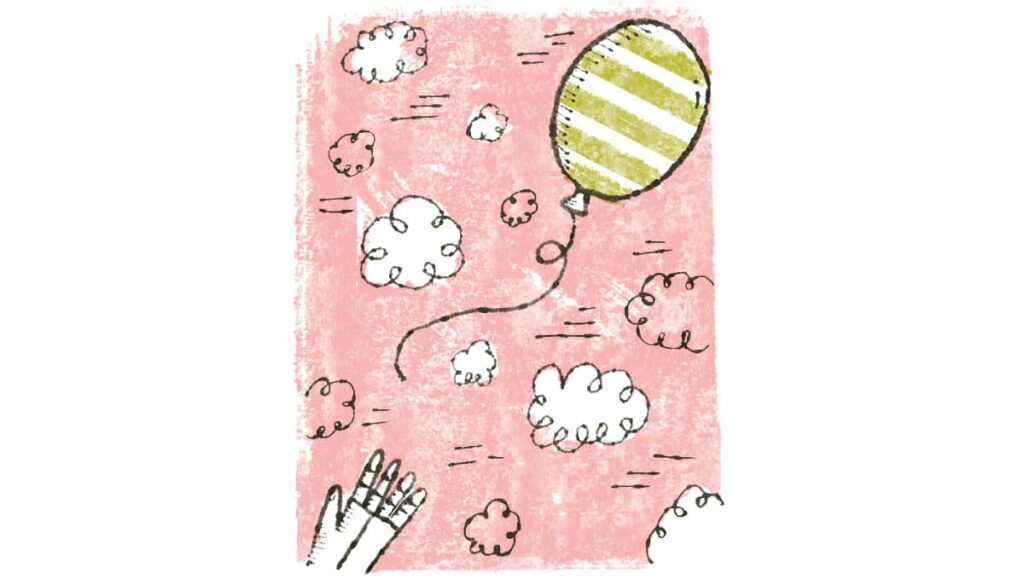In Buddhism, attachment (Sanskrit/Pali: upadana) refers to the ways we grasp or cling to other people, objects, ideas, or experiences. Clinging to false views, including the notion of a separate or permanent self, is considered especially problematic and to be abandoned.
Clinging is identified as one of the main causes of suffering (dukkha) in our lives. Because everything must eventually change and die, all our attempts to cling to them are ultimately futile. This leads to great suffering as we inevitably lose that which we want to hold on to.
Through Buddhist teachings and practices, we can understand the nature of our grasping and liberate ourselves from it, achieving nirvana/nibbana—the end of suffering.
Related Reading
The Opposite of Attachment Is Intimacy
Willa Blythe Baker explores the idea of “entanglement,” coming to the conclusion that the opposite of attachment isn’t detachment — it’s intimacy.
Why Is It Important to Give up Attachment?
Jack Kornfield said it really well in a recent tweet: “Everything that has a beginning has an ending. Make your peace with that and all will be well.”
Beyond All Attachment
It’s not enough to renounce attachment to this life, says the Sakya Trizin. To be liberated we must transcend the idea of reality altogether.
Buddhism A–Z
Explore essential Buddhist terms, concepts, and traditions.




